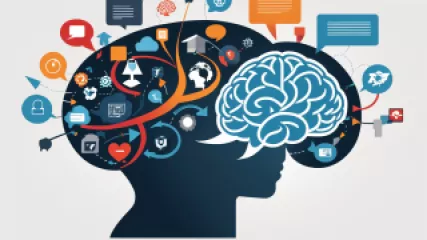Understanding Emotional Intelligence Assessment
il y a 1 an
Bases de l’intelligence émotionnelle
Redefining the Mind-Body Connection
il y a 1 an
Dichotomie corps-esprit
Effective Therapeutic Techniques for Depression: A Research Summary
il y a 1 an
Conseils d’auto-assistance pour la dépression
My Journey with Mental Health Apps and a Virtual Companion
il y a 1 an
Applications de santé mentale
How to Find the Best Virtual Counselor for Navigating Divorce
il y a 1 an
Counseling pour le divorce
Learning from Books and Movies: Self-Help Resources for Depression
il y a 1 an
Conseils d’auto-assistance pour la dépression
Learning Perseverance From a Movie: Cultivating Grit
il y a 1 an
Cultiver la persévérance
How to Utilize Mental Health Apps for Self-Care
il y a 1 an
Applications de santé mentale
Top 10 Thought-Provoking Books for Philosophical Guidance
il y a 1 an
Philosophie et psychologie
How to Choose the Best Mental Health App for Your Needs
il y a 1 an
Applications de santé mentale
Effective Self-Help Tips for Beating Depression
il y a 1 an
Conseils d’auto-assistance pour la dépression
How can therapists use persuasion techniques in therapy effectively?
il y a 1 an
Psychologie de la persuasion
What Cognitive Biases Influence Persuasion?
il y a 1 an
Psychologie de la persuasion
Unlocking the Power of Introspection: A Step-by-Step Guide to Exploring Your Inner World
il y a 1 an
Philosophie et psychologie
Proven Coping Techniques for Depression
il y a 1 an
Conseils d’auto-assistance pour la dépression















